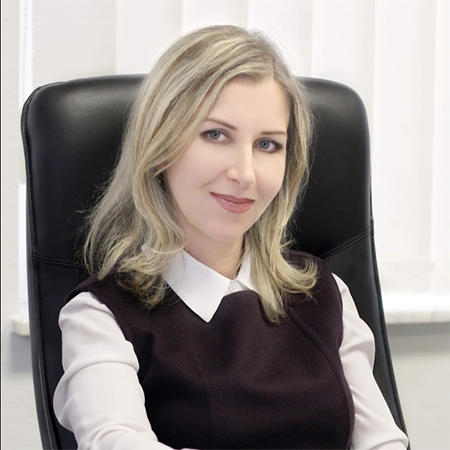Neurorehabilitation » Ischemic stroke » Stroke: General Information, Articles » Atrial fibrillation
Atrial fibrillation
Atrial fibrillation is a major risk factor for stroke. About 15% of people who have experienced stroke suffer from AF as well. To diagnose these diseases and reduce the risk of stroke, it is necessary to undergo regular examinations.
Unfortunately, many people even do not suspect that they have such a disease. Most Russians over the age of 40 are at risk. Heart rate measurements will help determine the regularity of the heartbeat. The main symptoms are rapid heartbeat, sharp tingling, burning, squeezing, dizziness.
Consequences
Atrial fibrillation (AF) is an irregular and sometimes rapid heart rate that appears in the upper parts of the heart (in the atria). AF changes normal contractions into vibrations. A healthy heart beats in a constant rhythm. The flutter disturbs the normal rhythm of the atria and bottom parts (ventricles) of the heart. The bottom parts can contract too quickly and irregularly causing blood stagnation in the atria, which can lead to the formation of blood clots. If a piece of blood clot breaks and is transported with blood to the brain, it will result in a stroke..
About 15% of strokes occur in people with atrial fibrillation. If not treated, AF has a detrimental effect on the functioning of the heart. More than 70% of people with AF who have suffered a stroke eventually die. If the disease is diagnosed in time, the treatment can yield positive results.
AF affects people of different ages, but most commonly it develops at an older age. For example, about 5% of people aged 65 suffer from this disease, while one person out of 20 over the age of 70 has AF. Those people who suffer from high blood pressure, heart disease or lung diseases are more likely to develop AF.
Symptoms
In most cases, AF does not manifest visible symptoms. Some people experience a burning sensation, heaviness in the chest. Other symptoms include dizziness, loss of consciousness. You should see a doctor and undergo an examination to eliminate the cause of these ailments.
Diagnostics
Heart rate measurement helps detect AF. Such an examination serves to check the heart rhythm, the way it beats, but not the number of beats per minute. The procedure for measuring heart rate is very simple. It is necessary to turn the palm of left hand up and slightly press the area of the wrist with the fingers of the right hand. Having felt the pulse, pay attention to the heart rhythm, namely the regularity of the strokes within 1 minute. In case of impaired heart rate, a person feels occasional tremors.
Should such a disorder be found, it is better to seek medical advice from a doctor. He will prescribe a series of examinations, such as blood vessel patency examination. Since most diseases (high blood pressure, high cholesterol levels) do not have any visible symptoms, the doctor will prescribe electrocardiography. The electrodes placed on the patient's thorax fix the impulses that cause the heart to beat. These pulses are displayed on special paper. Once the doctor has deciphered the obtained data, he determines if the patient has such a disease as AF and prescribes treatment depending on the severity of the disease.
Treatment
The treatment is aimed at restoring the normal, regular heart rhythm and preventing the development of stroke. This can be done with medication or using electrical stimulation. If these efforts have failed to be successful, the doctor prescribes the treatment aimed at preventing the formation of blood clots, which cause stroke when moving from the heart to the brain. To reduce the risk of stroke, doctors prescribe medications that dilute the blood. Most of the infections caused by AF can be prevented by taking blood thinners.
Anticoagulants are medicinal substances that depress the activity of the blood coagulating system and prevent the formation of blood clots. They reduce the risk of stroke in patients with AF by 68%. However, in some cases, these drugs cannot be prescribed for certain reasons: diet, other medications, the need for frequent blood tests and monitoring of pressure, as well as the risk of bleeding.
Here you can also read other articles on this topic:
To receive professional advice on the treatment of atrial fibrillation in Germany
Please call us: +49 228 972 723 72
or write an Email here



